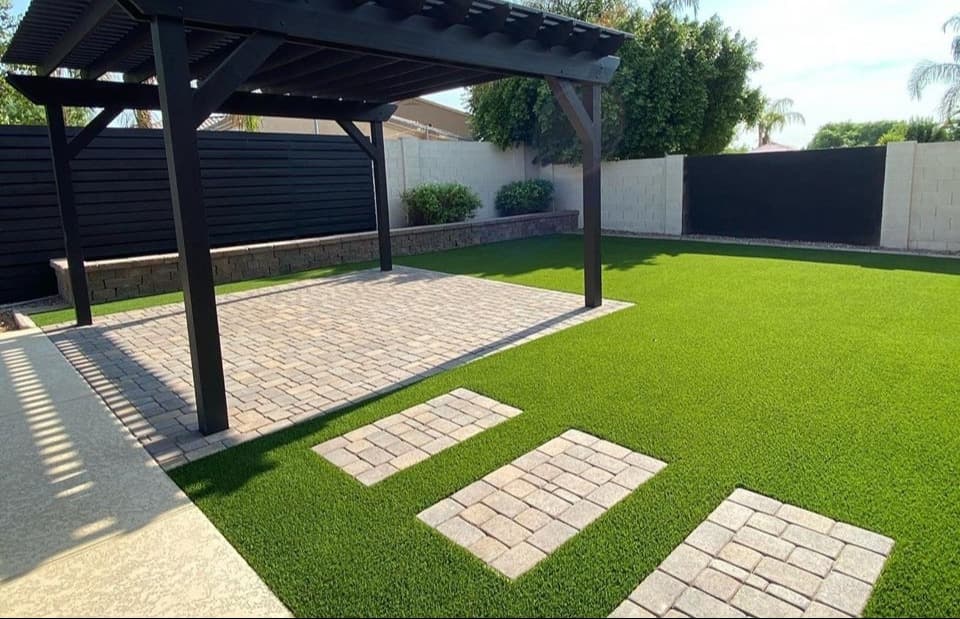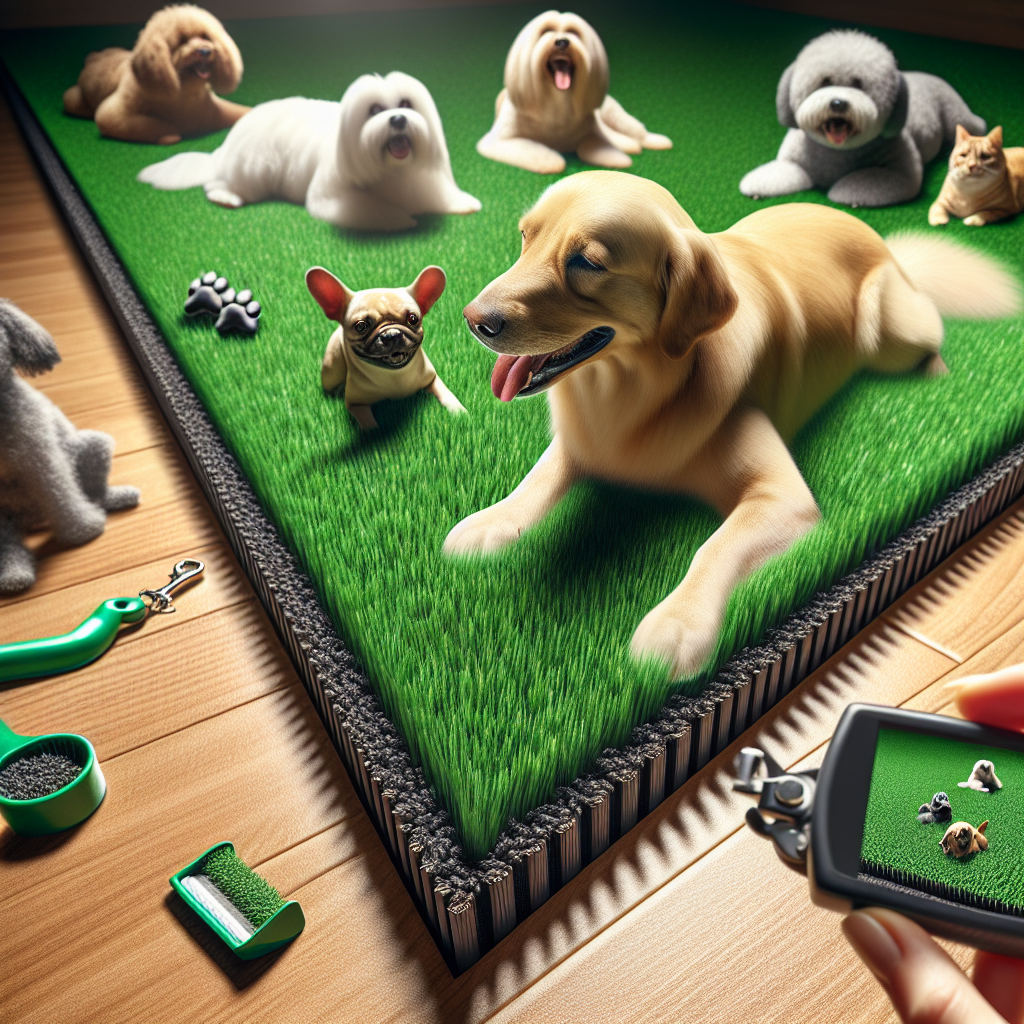
Imagine a world where your lawn remains lush, green, and untouched by our four-legged friends. In the United States, homeowners often struggle with maintaining their artificial grass when pets are around. But what if there were practical solutions to keep dogs off your artificial lawn? This article delves into effective strategies that will help you achieve a pristine backyard, free from canine interference.
Keeping dogs off artificial grass is akin to keeping bees out of a flower garden—it can seem nearly impossible at first. Dogs are naturally curious and love to explore different textures and scents. The soft feel of artificial grass often attracts them, making it a favorite spot for play and bathroom breaks.
Imagine using lemon juice or vinegar as invisible fences that dogs find unwelcoming. Spraying these natural repellents can make your lawn less appealing to your furry friends without causing harm. It’s akin to planting thorny bushes around your prized rose garden.
Sometimes, creating physical boundaries can be the most straightforward solution. Fencing or decorative garden borders act like the moat around a castle, keeping unwanted visitors at bay. For more ideas on enhancing your yard’s aesthetics while maintaining functionality, check out our article on designing the perfect backyard with artificial grass.
Think of ultrasonic devices as modern-day scarecrows. These gadgets emit sounds that are unpleasant for dogs but inaudible to humans, effectively deterring them from stepping onto your lawn.
Training is like teaching a child not to touch the hot stove; it takes time but is crucial. Consistent training can teach your dog to stay away from specific areas. Positive reinforcement techniques, such as treats and praise, work wonders in establishing boundaries.
The journey to a flawless lawn doesn’t end with deterrents and training. Regular maintenance is key to ensuring your artificial grass remains in top shape. From cleaning to repairs, learn how to keep your lawn pristine by reading our guide on artificial lawn maintenance.
Yes, many commercial repellents are safe for artificial grass. However, always read the label to ensure compatibility and safety.
Natural repellents like lemon juice or vinegar are generally safe for artificial grass and won’t cause damage.
Regular maintenance, including cleaning and brushing, should be done monthly or as needed based on usage and weather conditions.
Achieving a dog-free artificial lawn may seem challenging, but with the right strategies, it’s entirely possible. Whether it’s through natural repellents, physical barriers, or consistent training, you can enjoy a beautiful and pristine yard. For those with pets, considering options like pet-friendly turf solutions might also add value and ease to your lawn-care routine. Remember, a little effort today will yield a lifetime of enjoyment in your immaculate outdoor space.
If you’re looking for more detailed information on privacy and terms related to our services, please visit our Privacy Policy page.
For additional resources on best practices in landscaping, you can explore further insights on our landscaping page.
Your dream of a perfect backyard free from canine chaos is just a few steps away. Start implementing these tips today!


